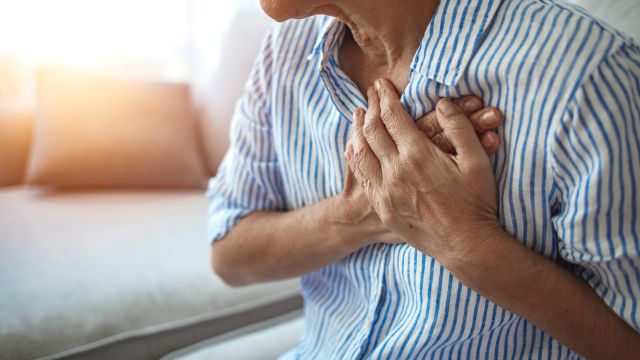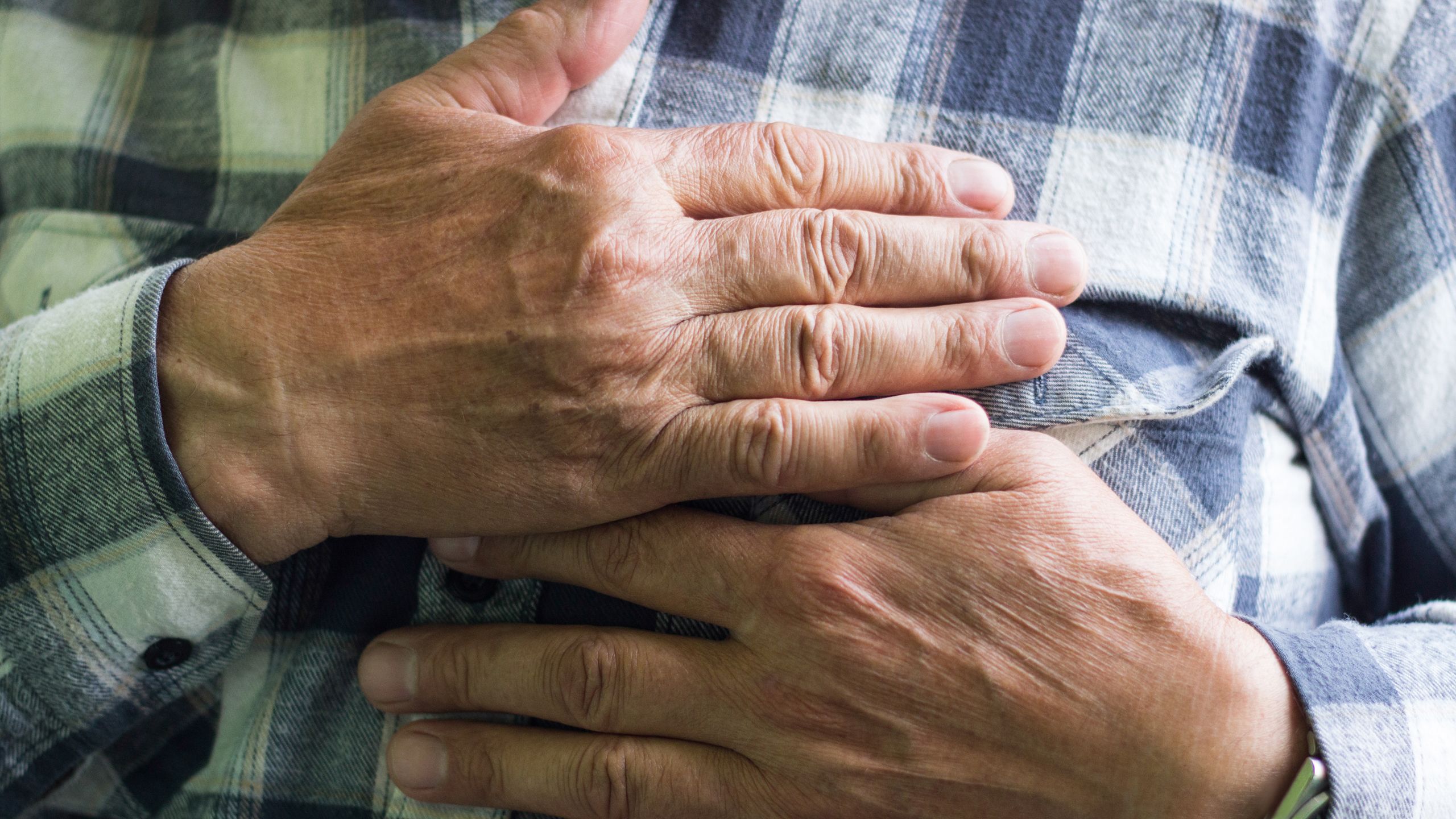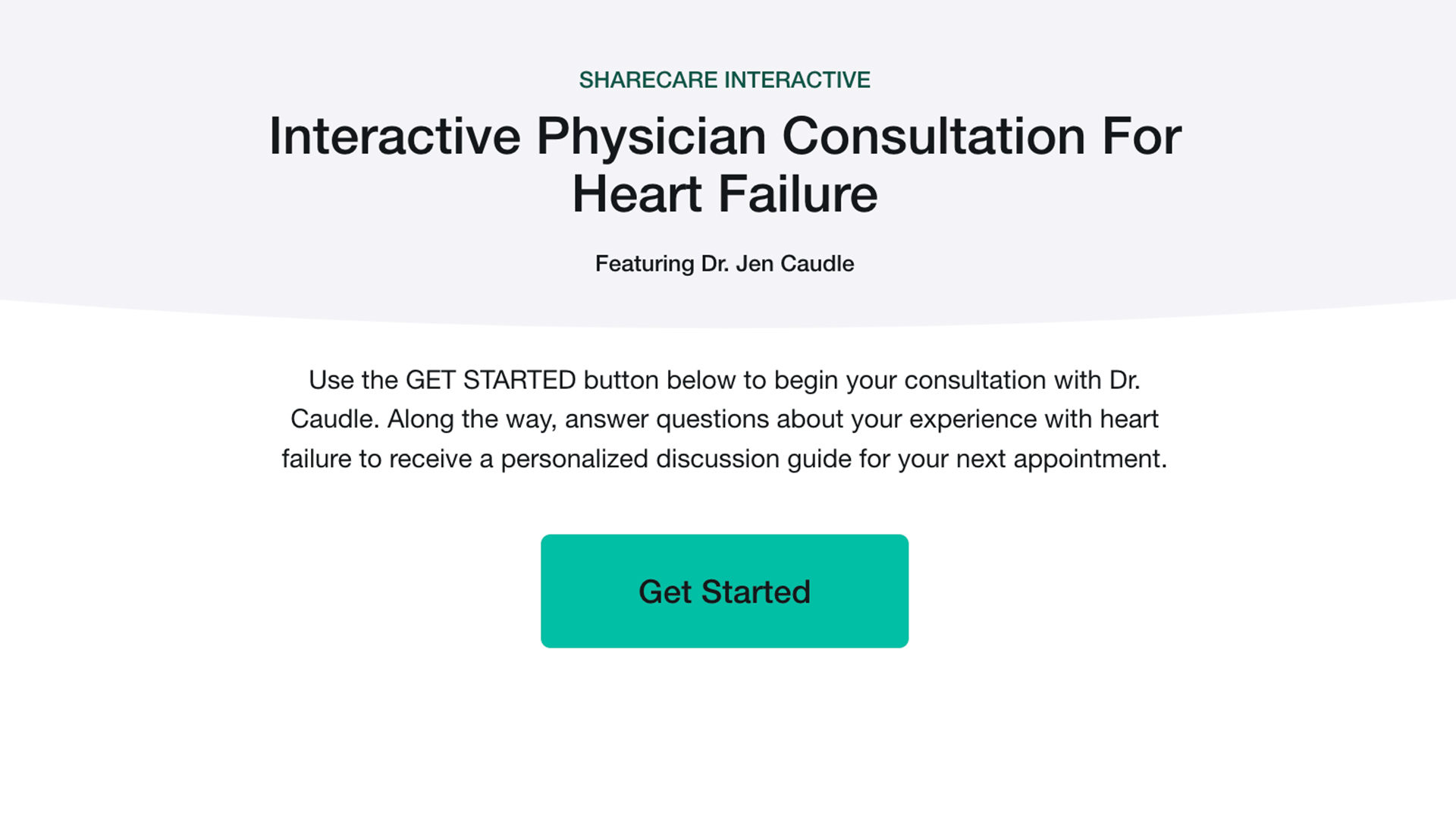You've heard the terms—heart attack, cardiac arrest and heart failure—and each one signifies a heart health crisis, but the similarities might end there.
Cardiovascular conditions like sudden cardiac arrest, heart attack and heart failure are quite common; however, they are three distinct conditions with unique symptoms that require different types of treatment.
“They [are] all interrelated and they can be causally related, but they’re not the same,” said Lillard Ashley, MD, a cardiologist at Lee's Summit Medical Center in Missouri. Heart disease is the leading cause of death among US adults, claiming about 610,000 lives annually. It’s important to understand the differences between these conditions, so you can be best prepared in case you or your loved one experiences them.
Is it a heart attack, sudden cardiac arrest or heart failure?
There are key differences between each event, including symptoms, survival rates and treatments.
Heart attack: “A heart attack is an event that occurs as a result of insufficient blood flow and oxygen to the heart’s muscle, probably due to a blockage in one or more of the arteries,” says Dr. Ashley.
Symptoms can come on suddenly or appear over the course of a few days. Many patients report feeling pressure-like sensations, such as a tightness or heaviness in the chest, neck or arm. “[This can feel like] an elephant sitting on [your] chest,” says Ashley.
Sudden cardiac arrest: Cardiac arrest occurs when the heart stops. If you think of a heart attack as a circulation problem, then cardiac arrest is an electrical problem where the normal wiring in your heart malfunctions. Symptoms of a sudden cardiac arrest happen immediately and include collapse, no pulse and no breathing.
“[Sudden] cardiac arrest usually results in a person losing consciousness,” adds Ashley. Sometimes fatigue, fainting and chest pain will precede a sudden cardiac arrest, but the condition often comes on with no warning.
Heart attacks damage the heart and, depending on the location and extent of that damage can lead to sudden cardiac arrest. Other conditions can do that as well, including cardiomyopathy (thickening of the heart muscle) and arrhythmias. In the case of a heart attack, getting immediate treatment can minimize heart damage; in the case of sudden cardiac arrest, you need immediate resuscitation to survive. Just 12 percent of people survived out-of-hospital cardiac arrest in 2016; approximately 95 percent of people survive a heart attack.
Heart failure: Heart failure is a condition where the heart cannot keep up with the metabolic demands of the body, or the heart is too weak to pump enough blood around the body. Symptoms include:
- Shortness of breath
- Fatigue
- Weakness
- Swelling in the abdomen or legs, ankles and feet
- Rapid or irregular heartbeat
- Reduced ability to exercise
- Persistent coughing or wheezing
- Increased need to urinate
- Fluid retention
- Lack of appetite
- Nausea
- Difficulty concentrating
- Chest pain
Unlike cardiac arrest and heart attack, heart failure is typically a long-term, progressive condition rather than a sudden event, although it can come on suddenly after a heart attack or myocarditis (inflammation of the heart muscle).
Medications can help manage this illness, but it's important to discuss worsening symptoms with your cardiologist. If you have congestive heart failure, close monitoring is required to ensure you receive timely medical attention. A specialized program may be a good option to help manage your condition.
How to respond to a heart-related event
If you or a loved one experiences symptoms associated with a heart attack, get treatment as soon as possible. “Time is of the essence when you’re dealing with heart attack and cardiac arrest,” advises Ashley.
- For a suspected heart attack, call 9-1-1 to get an ambulance. Emergency medical services can help provide treatment on the way to the hospital.
- In the case of cardiac arrest, call 9-1-1 and start CPR immediately. If you’re trained and it’s available, use an automated external defibrillator right away. Cardiac arrest is usually reversible if treated at once.
- Heart failure symptoms, like increased fatigue or trouble breathing, should be brought to your cardiologist’s attention.
Prevent heart disease with lifestyle changes
Cardiovascular health is critical to your overall health, and managing the condition of your heart can help protect you from future problems. Ashley recommends the following steps:
- Don’t smoke or quit smoking.
- Get regular exercise. “Exercise doesn't have to be training for the next Olympics,” he says. “Twenty minutes, three days a week will get you started.” This will help you work toward the recommended 150 minutes of moderate activity or 75 minutes of vigorous activity weekly.
- Eat a moderate and balanced diet.
- Keep a positive attitude. “Find something to laugh about every day,” adds Ashley. “You have one life, live it well.”
If you notice any changes in your heart health, make sure to see your doctor.





